Top 14 DevOps Books: From Novice to Guru
The author of this article is tech expert Pieter Murphy.

Whether you want to launch a career and become a DevOps engineer, are an experienced professional, or hope to transition to DevOps from another field, the right DevOps book makes the process easier. Through reading, you can learn about the skills required for a DevOps engineer and how to build a successful DevOps roadmap to get your career moving. Plus, many books on DevOps are surprisingly entertaining, making them a fun read.
With so many fantastic must-read DevOps books around, figuring out where to begin is often tricky. Fortunately, by focusing on highly-rated options, it’s hard to go wrong. Here are 14 of the top DevOps books – including a mix of DevOps beginner books and options for experienced professionals – to get you started.
1. The Phoenix Project: A Novel About IT, DevOps, and Helping Your Business Win by Gene Kim, Kevin Behr, and George Spafford

If you’re looking for a great resource but prefer a more narrative approach, The Phoenix Project is an excellent choice. Instead of focusing on real-world examples, which are potentially dry, the authors used the methodology to create a novel about a fictional company.
The story focuses on Bill, a Parts Unlimited VP, who’s given the seemingly insurmountable task of fixing a wide variety of problems at the company. Bill begins working through the issues, identifying solutions that bring everything into working order. Ultimately, he’s using a variety of DevOps practices, even if it doesn’t say so outright.
The end result is far more engaging than reviewing case studies, but it’s chocked full of valuable information. That makes this one of the best books for DevOps beginners, as the approach is far less technical – and intimidating – than many other resources, allowing it to serve as an accessible introduction.
2. DevOps Handbook: How to Create World-Class Agility, Reliability, & Security in Technology Organizations by Gene Kim, Patrick Debois, John Willis, and Jez Humble

The DevOps Handbook by Gene Kim, Jez Humble, Patrick Dubois, and John Willis is broadly considered one of the best DevOps books to read, and many put it at the top of the list. The authors talk about the value the methodology provides, how it leads to a competitive advantage during software development, and much more.
In many cases, this is one of the good DevOps books for beginners since it covers nearly every essential, providing the reader with a solid foundation. However, it’s a highly popular recommendation for experts, too, as well as company leaders hoping for an effective adoption.
The DevOps Handbook introduces a variety of critical concepts, making it a solid primer for those interested in the field and an excellent ongoing reference. This book discusses DevOps culture, best practices, continuous integration/continuous delivery (CI/CD), metrics and key performance indicators (KPIs), and more, making it an excellent choice for professionals of all experience levels.
3. Accelerate: The Science of Lean Software and DevOps: Building and Scaling High Performing Technology Organizations by Nicole Forsgren, Jez Humble, and Gene Kim

Another one of the best books about DevOps, Accelerate focuses on four KPIs that drive performance: lead time, deployment frequency, mean time to restore (MTTR), and change fail percentage. It’s highly data-centric, providing an in-depth look at each concept and allowing companies to make data-driven decisions to support their goals.
As the title suggests, there’s a heavy emphasis on Lean, too. You’ll find close examinations of Lean monitoring and management and how the techniques bolster results. Additionally, there’s an exploration of architecture, as well as CD, making the book incredibly comprehensive.
Generally, this is a stronger option for experienced professionals and company leaders, as the focus is more on organizations than individual teams or projects. However, it can provide value to novices, too, so keep that in mind.
4. Site Reliability Engineering: How Google Runs Production Systems by Niall Richard Murphy, Betsy Beyer, Chris Jones, and Jennifer Petoff

If you’re looking for books for a DevOps engineer that use a somewhat unconventional approach, Site Reliability Engineering is an excellent option. It’s comprised of multiple essays written by current and former members of the Google Site Reliability Engineering (SRE) team. While the content is largely Google-specific, it provides an intriguing look into how one of the leading technology companies on the planet approached SRE.
One nice feature is that you don’t have to read the essays in order to get value. Instead, you can shift between them as you see fit, allowing you to select the content that provides you with the information that’s most relevant to your situation.
5. Continuous Delivery: Reliable Software Releases through Build, Test, and Deployment Automation by Jez Humble and David Farley
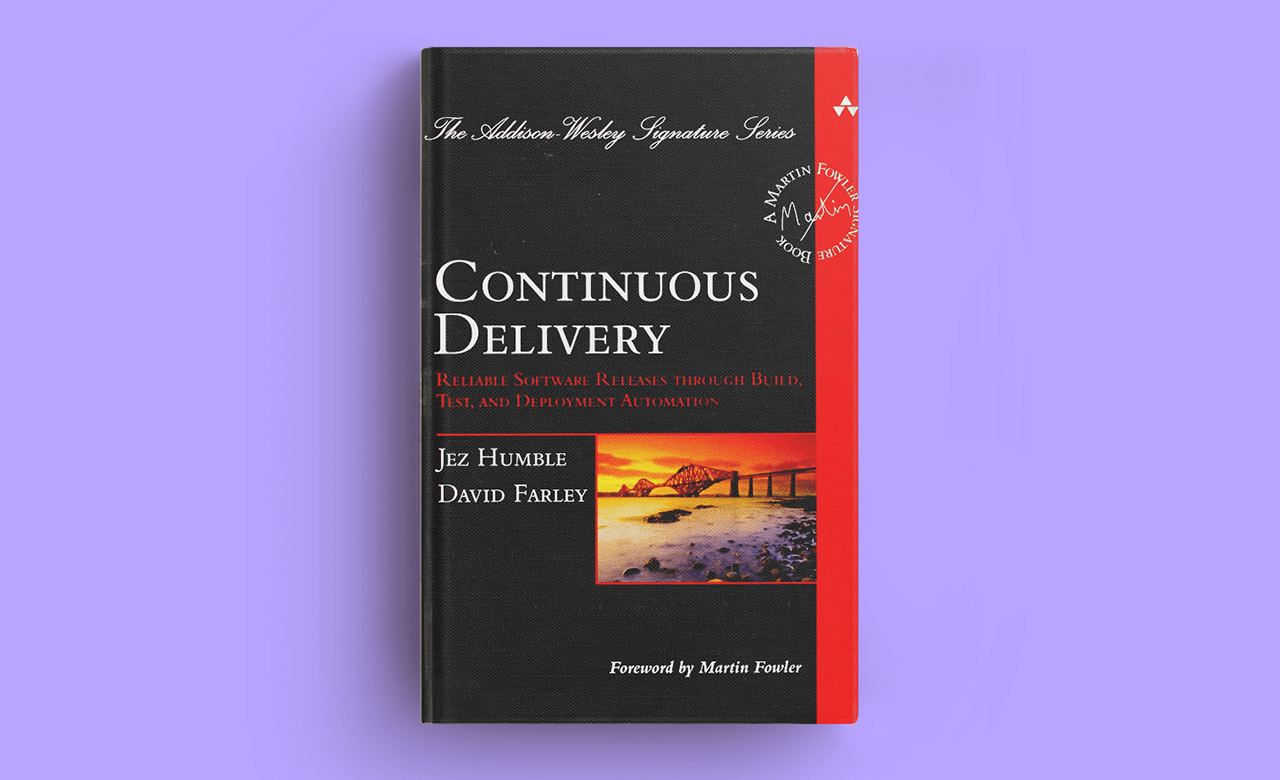
Continuous Delivery is one of the DevOps engineer books that focuses on site reliability engineering to guide software delivery and ensure positive outcomes. It focuses on three key automation areas – building, testing, and deployment – offering practical tips to make overcoming challenges and solving problems simpler.
Additionally, it dives into infrastructure management, supporting the delivery of reliable software releases. It also takes a close look at CI/CD, allowing it to serve as a functional guide to those who want to learn more about the process and critical practices.
You’ll also receive guidance that simplifies and improves communication among team members with different areas of expertise. Since collaboration is ultimately critical for effective development, that allows this book to provide additional value.
6. Ansible for DevOps: Server and Configuration Management for Humans by Jeff Geerling
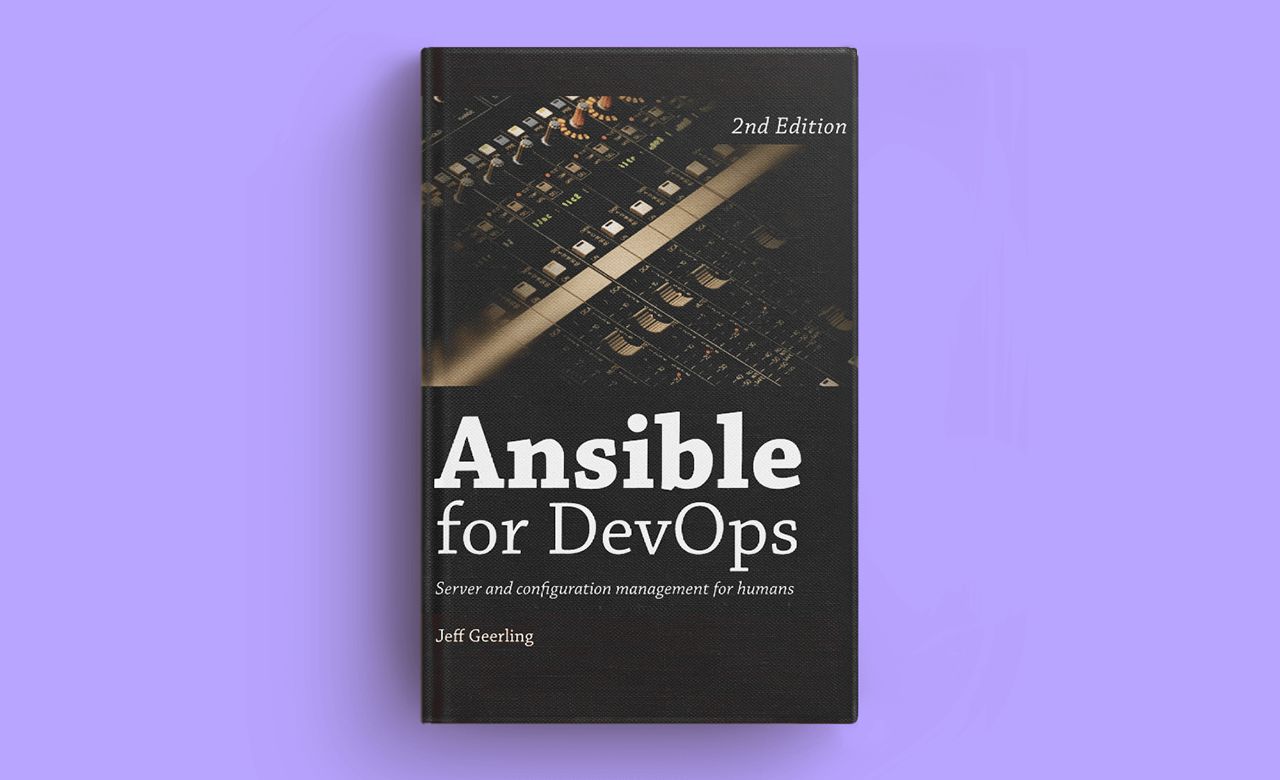
For those interested in DevOps best books who are leveraging Ansible to handle server and configuration management, Ansible for DevOps is a critical resource. As long as you’re familiar with basic shell and command line scripting, you likely have a strong enough foundation to make the most of the material.
The book does an excellent job of covering the basics, but it progresses into far more advanced territory, too. The content focuses on real-world examples to make everything tangible, and the text is regularly updated to keep it relevant. If you purchase digital copies, the ongoing updates are also free. For the Amazon Kindle copies, new releases go through quarterly, so the book always aligns with new Ansible releases, ensuring the information continues providing value.
7. Docker: Up & Running: Shipping Reliable Containers in Production by Karl Matthias and Sean P. Kane
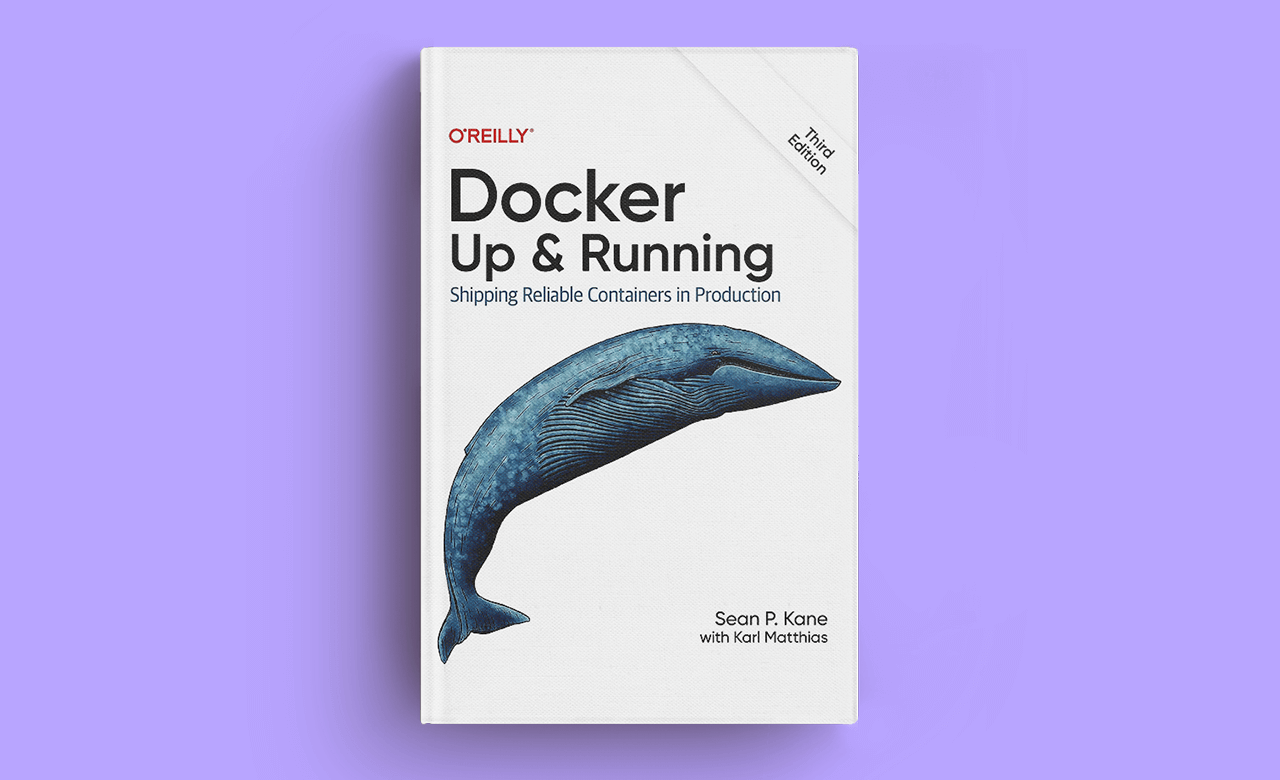
A solid book for a DevOps engineer, Docker: Up & Running focuses on Docker and Linux containers and how they’re used to accelerate the development and delivery of software. It looks not just at the importance of the technologies but how they provide organizations with value and propel them toward success.
The book covers a variety of topics, including integration with Kubernetes and cloud services, OCI images, deployment and testing techniques, and production container deployment at scale. It also dives into more advanced concepts, including configuration, security, and more.
Generally, readers need a foundational understanding of the Docker toolset to make the most of this book, but in-depth knowledge isn’t a necessity. As a result, it can work well for beginners and experienced professionals alike, as well as provide value to technical managers and other tech-savvy members of the leadership team.
8. The DevOps Adoption Playbook: A Guide to Adopting DevOps in a Multi-Speed IT Enterprise by Sanjeev Sharma
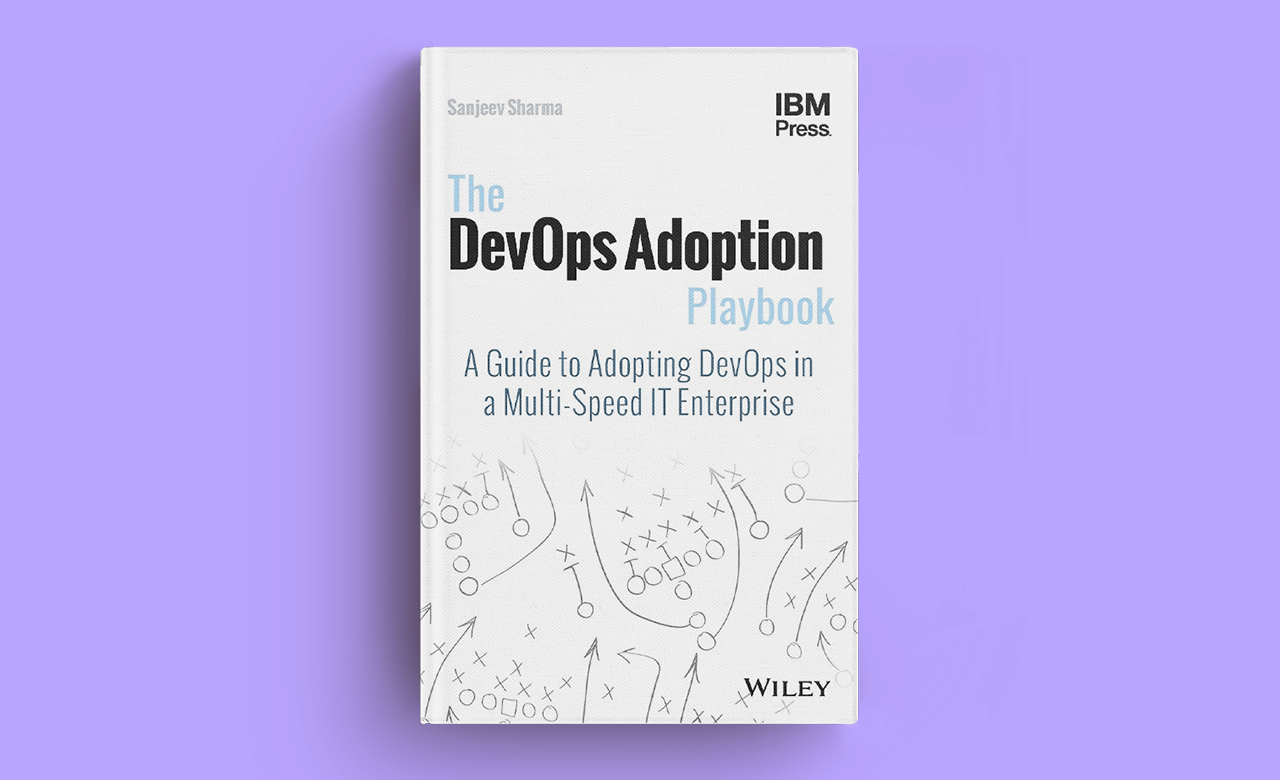
The DevOps Adoption Playbook is often considered the best book to learn DevOps for anyone looking to adopt it at their organization for the first time. The author focuses on addressing various myths that may prevent leaders or owners from moving forward with the methodology, ensuring they have accurate information before they make a formal decision. Additionally, the content covers the introduction of core principles that are applicable to companies of different sizes, allowing any business, from startups to massive enterprises, to see how they can bring development and operations together.
While this book provides value to software developers, it’s a particularly strong choice for company leaders or IT managers interested in introducing the methodology, building a culture that supports it, and capturing a suitable return on investment (ROI) for their efforts.
9. Kubernetes: Up and Running: Dive into the Future of Infrastructure by Kelsey Hightower, Brendan Burns, and Joe Beda
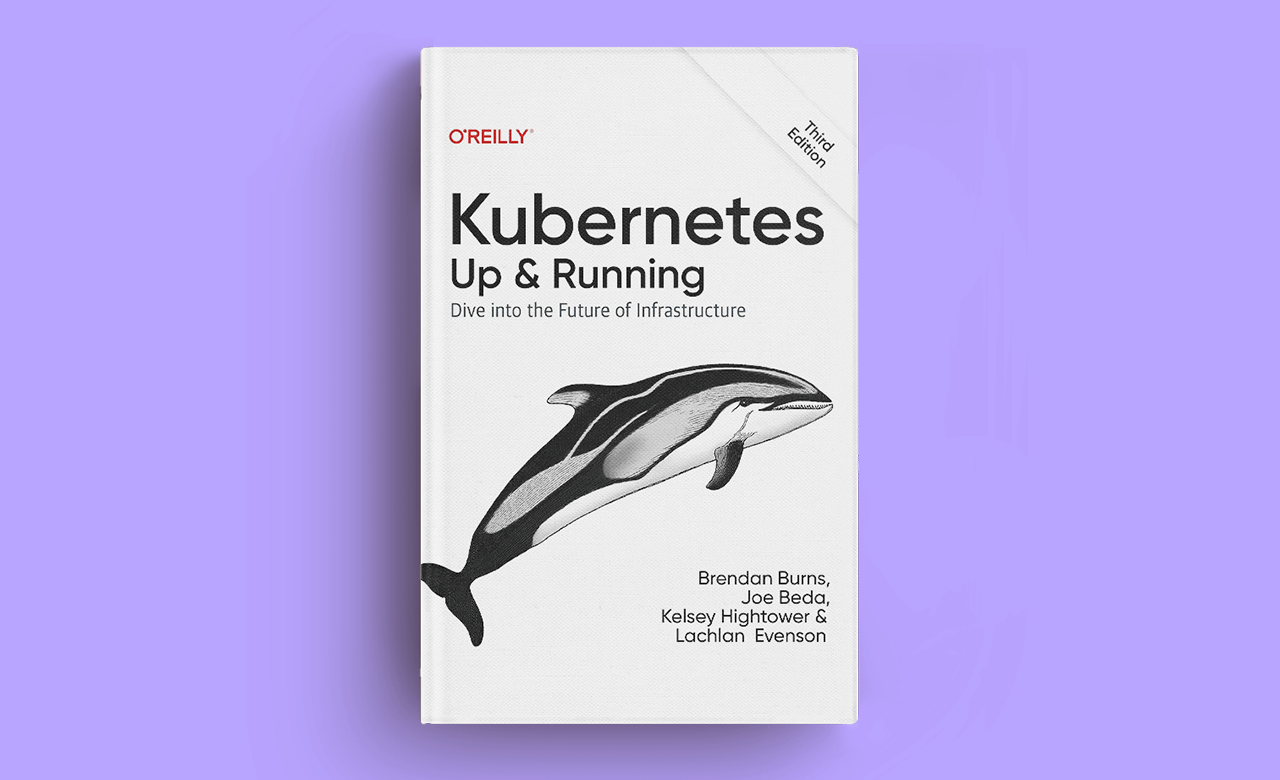
For a book on DevOps that focuses on Kubernetes and the cloud, Kubernetes: Up and Running is one of the most popular options. It features practical guidance on leveraging Kubernetes and container technology to accelerate development, maintain agility, boost reliability, and much more.
Generally, this is an excellent choice for software developers and operations personnel of any experience level. However, company leaders and IT managers can benefit from it, too, so it’s a worthwhile addition to their reading lists.
10. Lean Enterprise: How High-Performance Organizations Innovate at Scale by Jez Humble, Joanne Molesky, and Barry O'Reilly
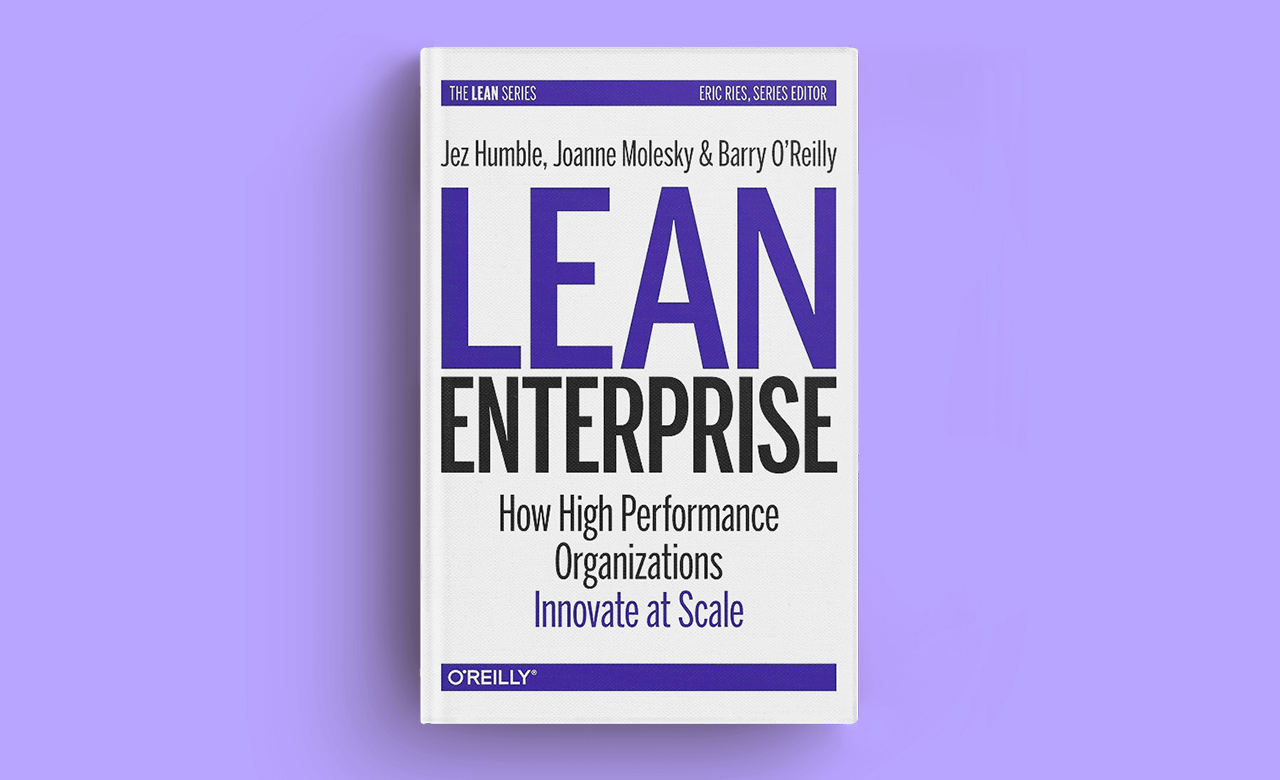
For organizations looking to leverage Lean and Agile to streamline software development, reduce timelines, and keep costs under control, Lean Enterprise is a must-read. It focuses on case studies that show how successful companies used various best practices to revamp their operations and achieve dramatic performance improvements.
One benefit of this book is that it’s multi-angled. While there’s a close examination of technical changes within the various case studies, it also covers how company cultures shifted to achieve the desired result.
Generally, Lean Enterprise does focus on management and leadership positions as its audience. However, this can also serve as one of the best books for DevOps engineers looking to examine things from a higher level.
11. The Unicorn Project: A Novel About Developers, Digital Disruption, and Thriving in the Age of Data by Gene Kim
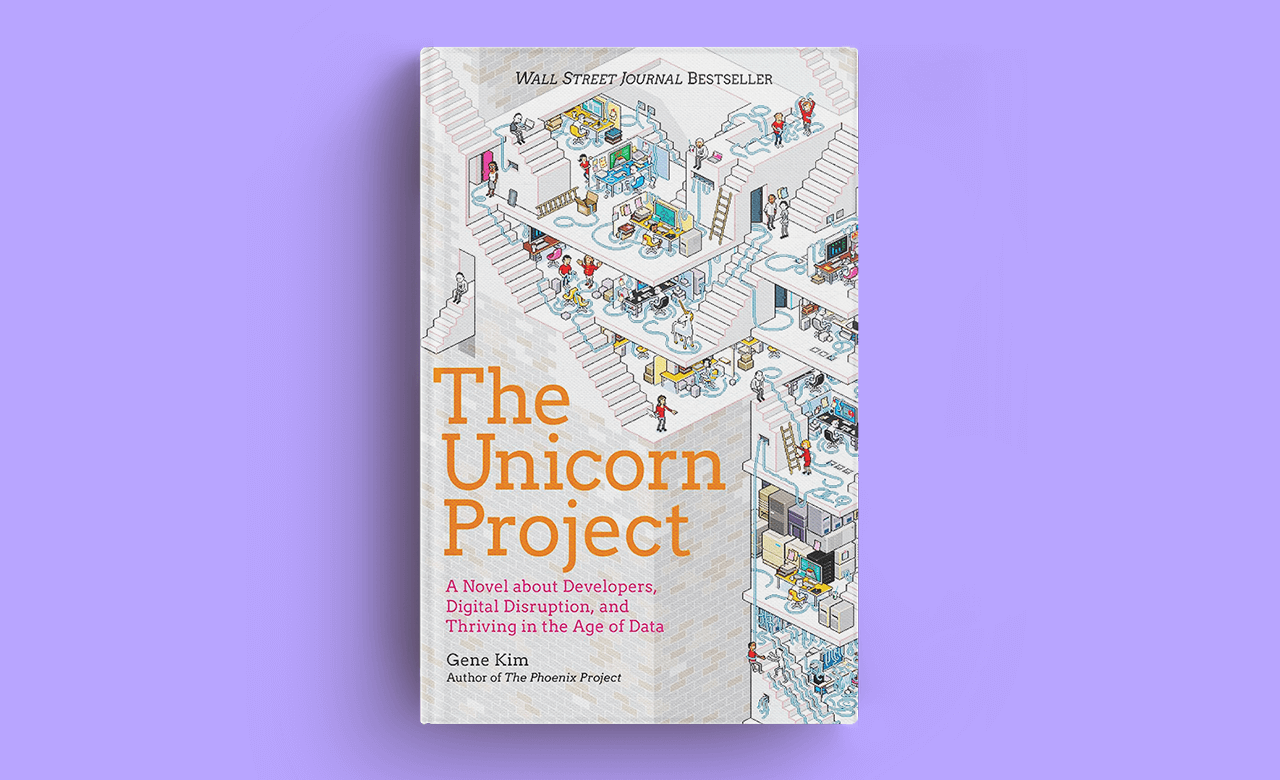
The Unicorn Project serves as a sequel to The Phoenix Project, but you don’t need to read its predecessor to appreciate it. With this novel, you get the point of view of Maxine, a developer from the Phoenix project management team. She works with Erick, who serves as a mentor and introduces her to five problem-solving concepts but does so in a non-technical way.
Again, the approach is highly accessible, making this a solid choice for anyone looking for a mental tutorial that introduces the ideas without feeling overly cumbersome or dry. Plus, the book discusses key concepts that help people thrive professionally.
12. Effective DevOps: Building a Culture of Collaboration, Affinity, and Tooling at Scale by Jennifer Davis and Ryn Daniels
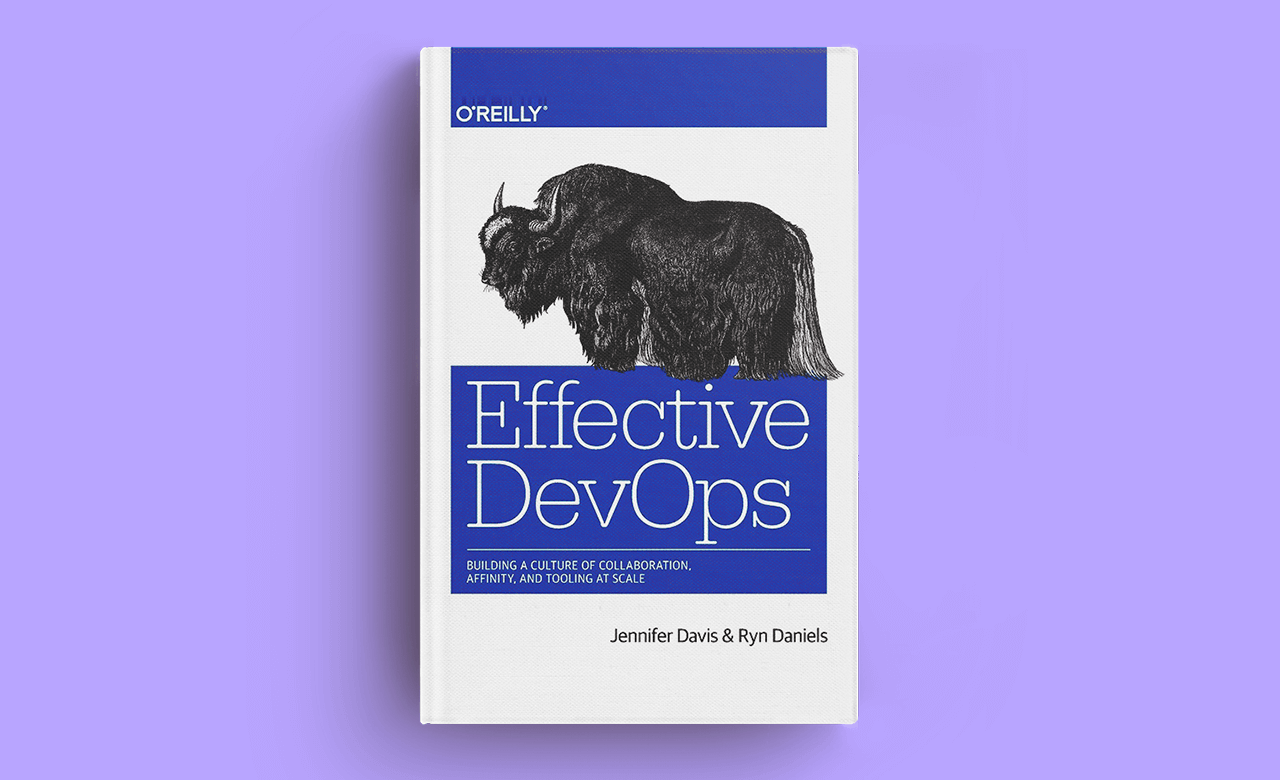
Another solid choice for organizational leaders and managers, Effective DevOps is less about technical tools like Docker and Ansible and more about the cultural aspects of the methodology. There are insights about conflict resolution, collaboration, and relationship building, with a strong emphasis on diversity as a means of promoting success.
This book is especially valuable since it focuses on practicality. The guidance and advice are incredibly actionable, which allows it to offer a near-immediate ROI by helping organizations eliminate siloes and bolster teamwork. While it’s geared toward managers, that information is worthwhile to individual contributors, too, particularly those who want to reach the leadership ranks during their careers.
13. Infrastructure as Code: Managing Servers in the Cloud by Kief Morris

Companies are increasingly turning to cloud solutions like AWS to develop and release software, manage databases, and more. As a result, Infrastructure as Code is a critical training primer for professionals at companies looking to leverage the newest cloud solutions.
The content is beginner-friendly, but it’s also valuable to mid-level professionals and team leads who are increasingly working with the cloud. Admittedly, this book isn’t methodology-focused. However, it does incorporate many best practices in its recommendations, which gives it a place on this list.
14. Securing DevOps: Security in the Cloud by Julien Vehent
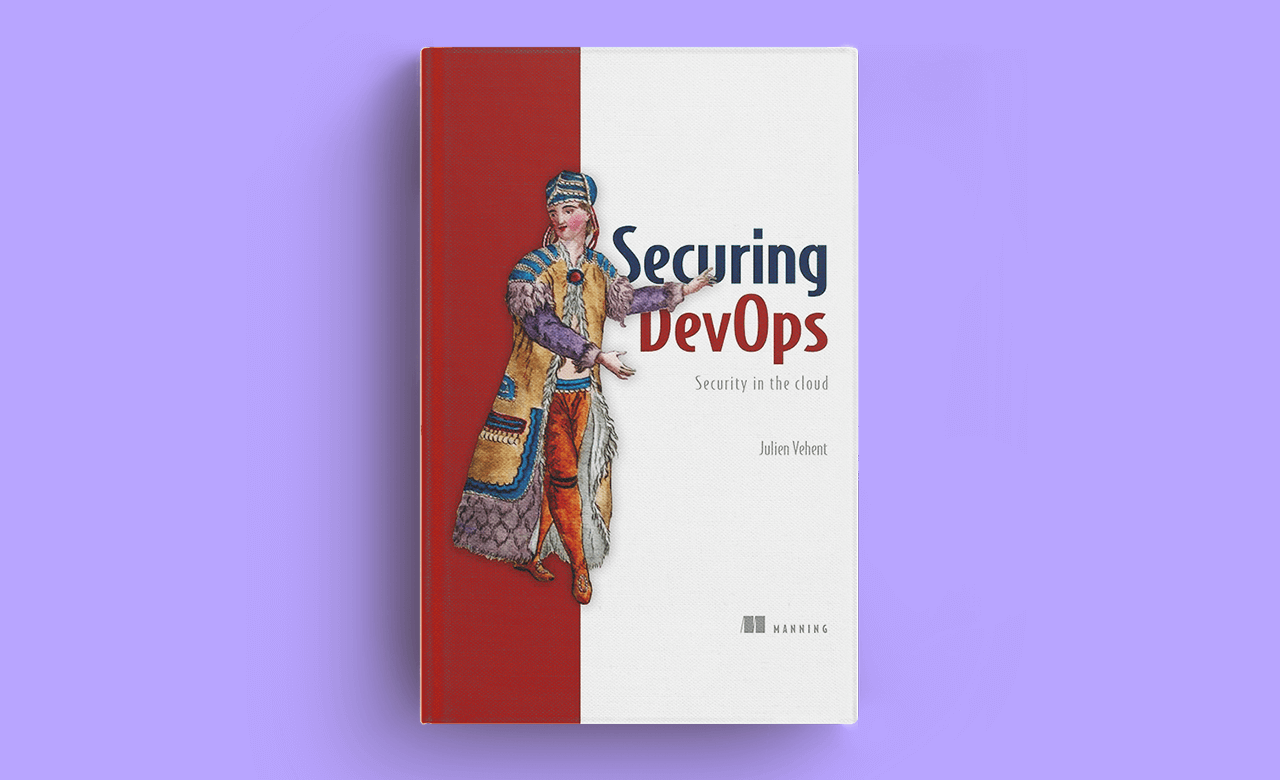
Security in technology organizations and companies in practically every industry is increasingly essential. That’s what makes Securing DevOps such a critical read. It focuses on how to maintain a focus on security throughout the development lifecycle, using a variety of examples and case studies to provide real-world examples to drive points home.
Essentially, this book is an excellent way to see how agility, reliability, and security must go hand-in-hand. Plus, it demonstrates how to secure operations at scale, making it valuable to company leaders operating in organizations of all sizes.

.png)
